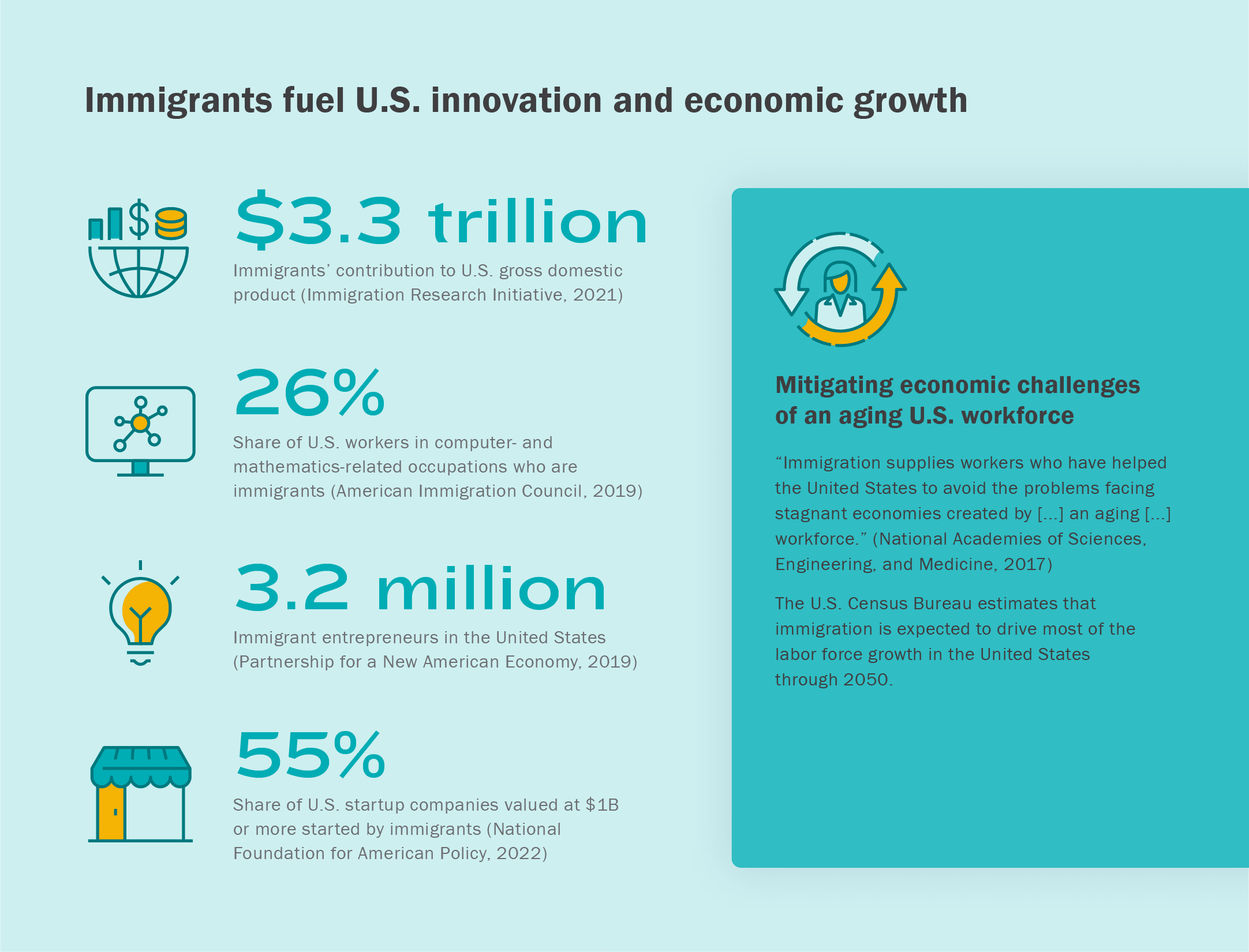Immigrants' Billions in Economic Contribution Undermined by Fear, Bloomberg Opinion Columnist States

A recent commentary from Bloomberg Opinion, authored by Erika D. Smith, underscores the substantial economic contributions of immigrants while cautioning against the detrimental effects of fear on their participation. Smith highlighted the paradox, stating, > "You know who contributes billions to the economy? Immigrants. You know who doesn’t? Immigrants too scared to leave their homes." This statement draws attention to the dual reality of immigrant economic power and the chilling effect of an environment of apprehension.
Immigrants are widely recognized for their significant input into the U.S. economy, contributing billions through labor, taxes, and entrepreneurship. Studies indicate that immigrants account for a substantial portion of the total economic output, with their share of GDP often exceeding their percentage of the population. They are crucial to various sectors, from agriculture and construction to technology and entrepreneurship, often filling labor gaps and driving innovation.
However, the economic benefits are severely hampered when immigrants, particularly undocumented individuals, operate under constant fear. This fear, often exacerbated by aggressive enforcement tactics and policy changes, can lead to reduced engagement in formal economic activities. Immigrants may avoid public places, forgo essential services, and even hesitate to pay taxes, fearing interactions that could lead to detention or deportation.
Bloomberg Opinion articles by Smith have previously detailed how such fear can lead to tangible economic losses, including reduced tax revenues for cities and states. For instance, concerns about mass deportations and increased immigration enforcement have been linked to potential declines in income and property tax payments. Policies that instill fear can inadvertently undermine the very economic vitality that immigrant communities provide.
Experts and economists largely agree that immigration, on balance, is a net positive for the U.S. economy. The ongoing debate emphasizes the need for policies that foster an environment where all residents can contribute without undue fear. Ensuring immigrants can fully participate in the economy is critical to realizing their full potential and maximizing their positive impact on national and local economies.